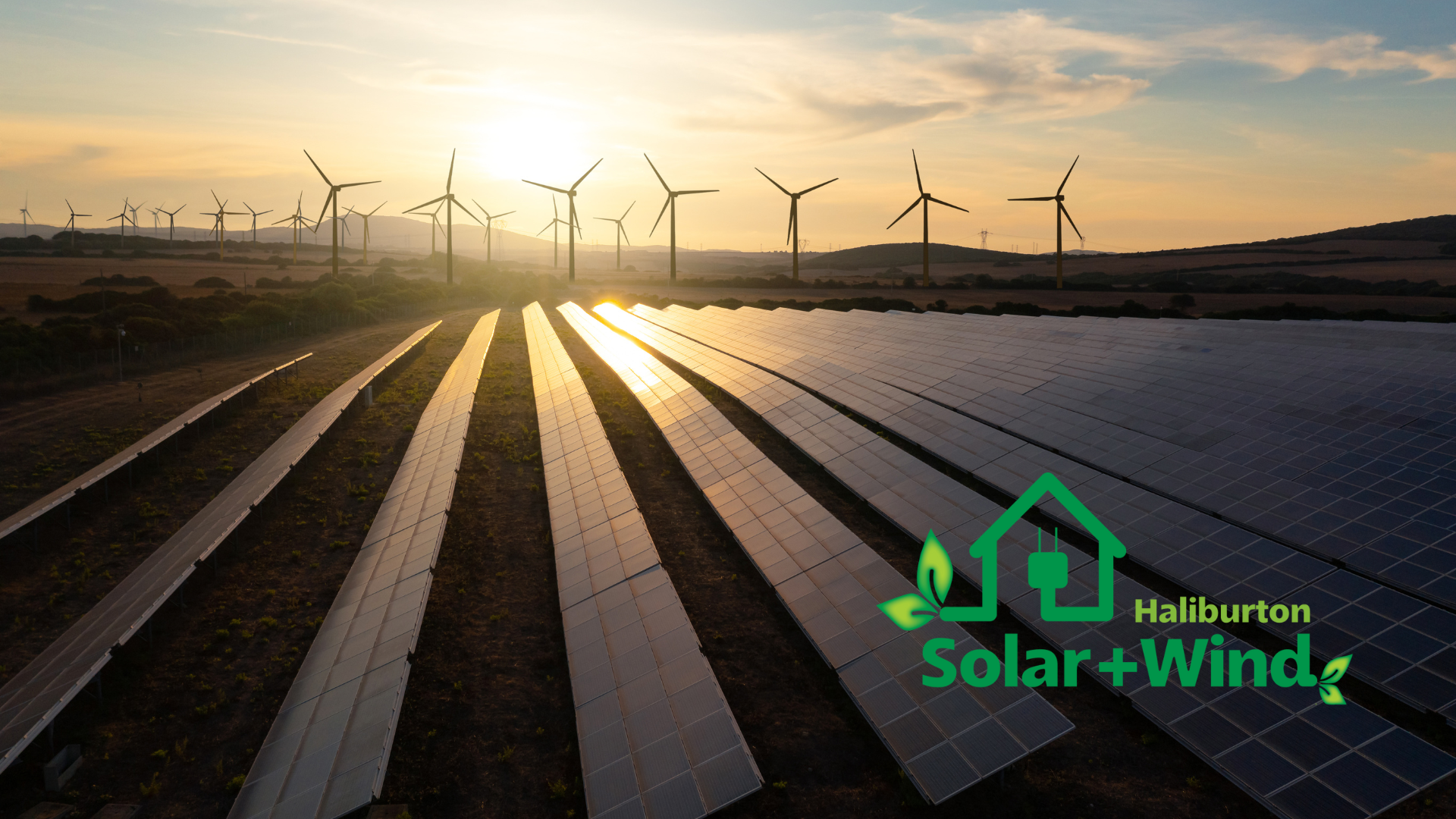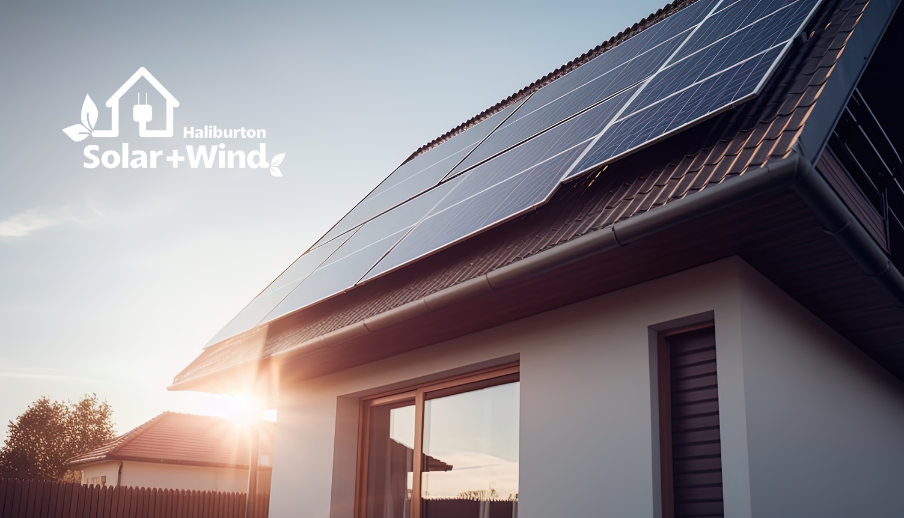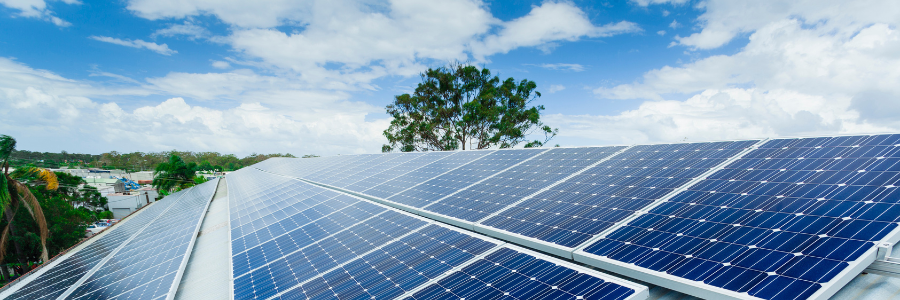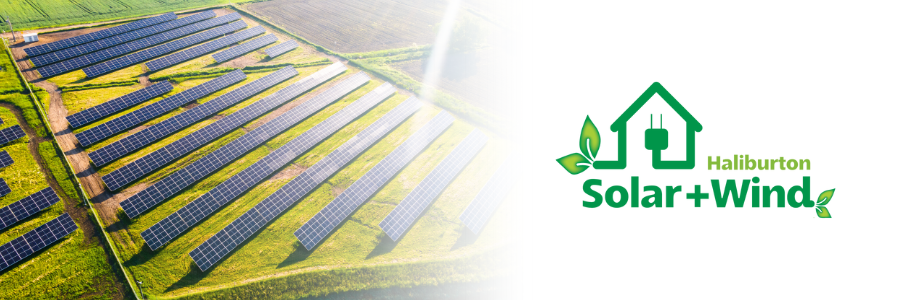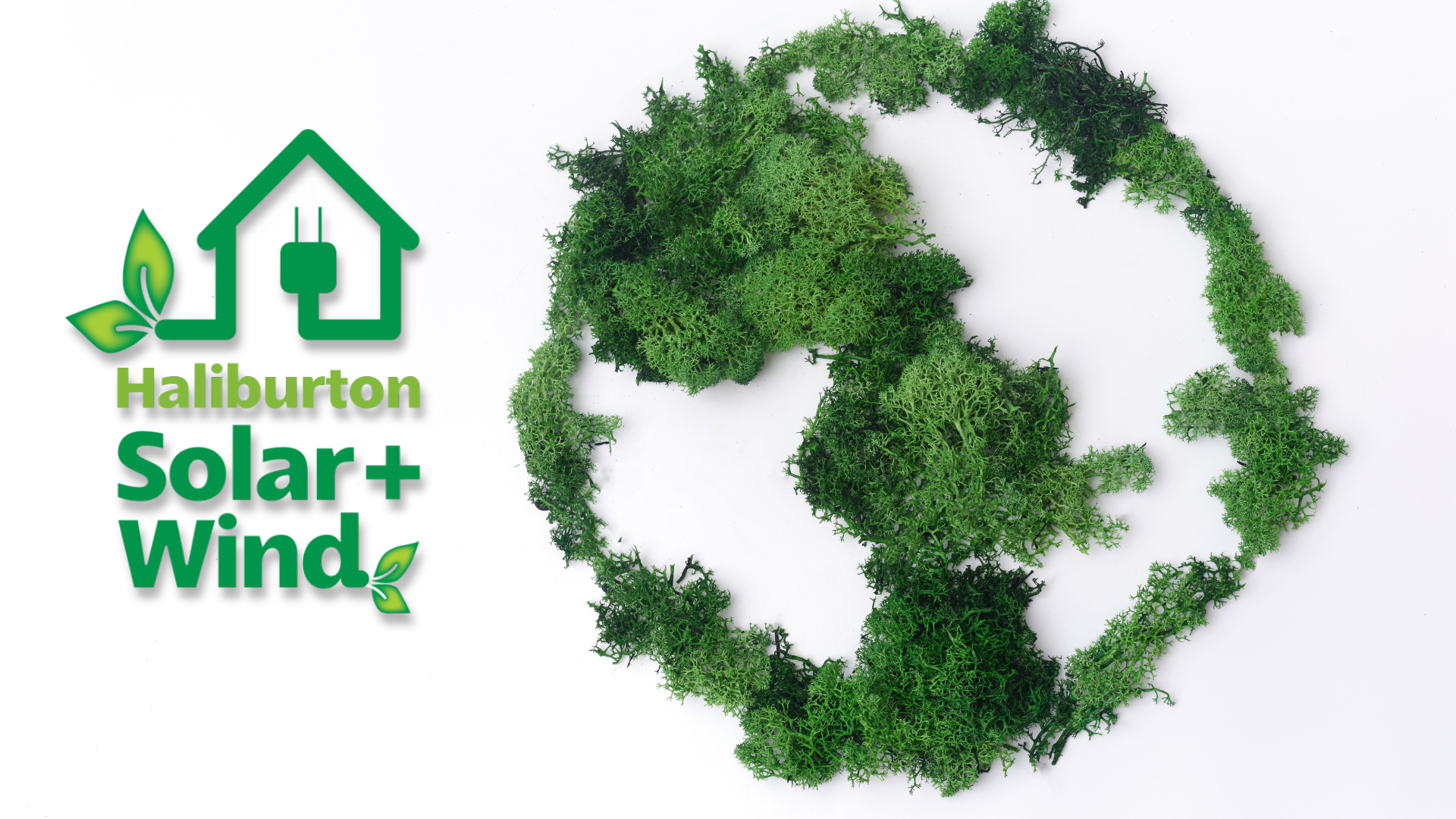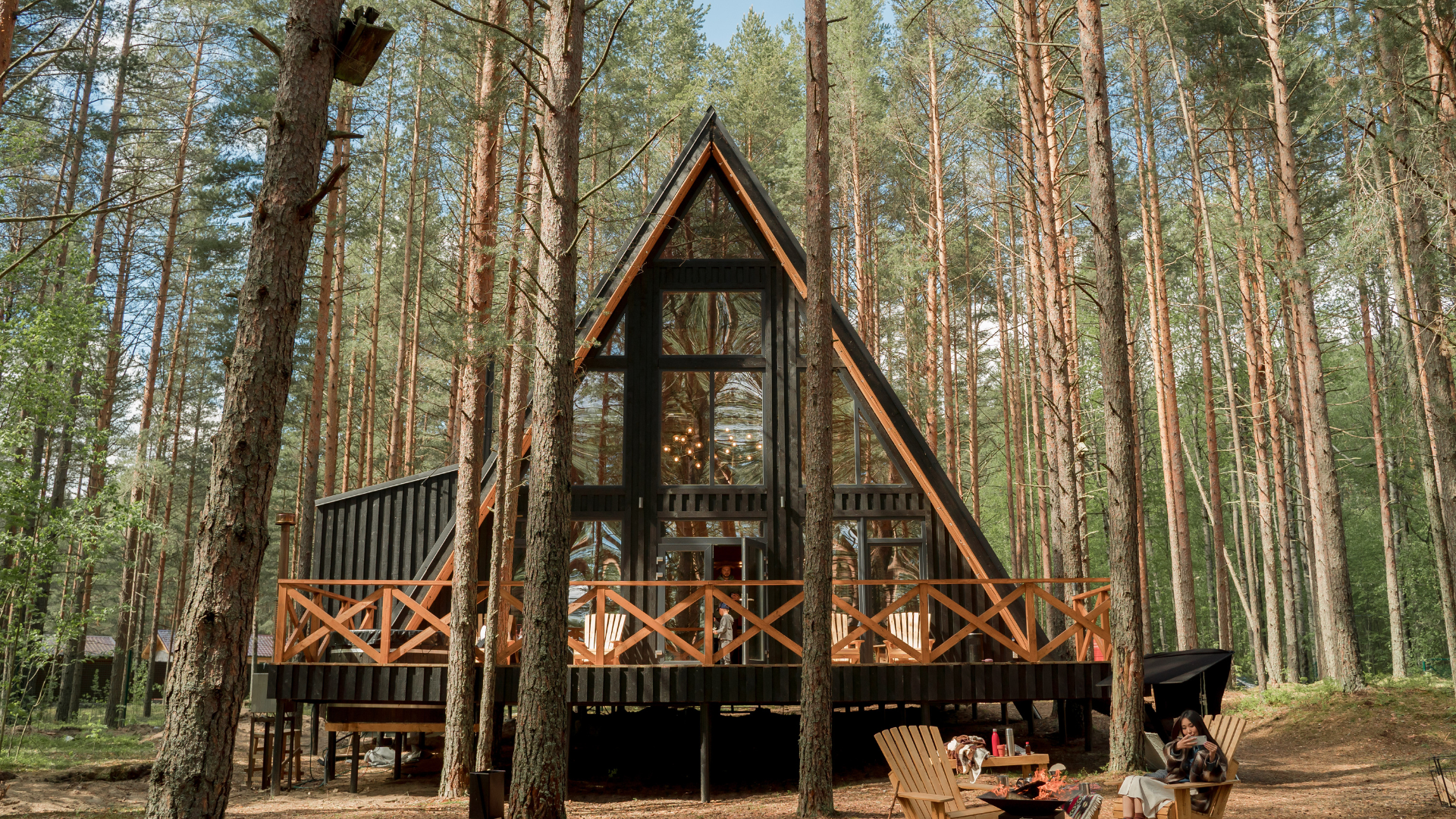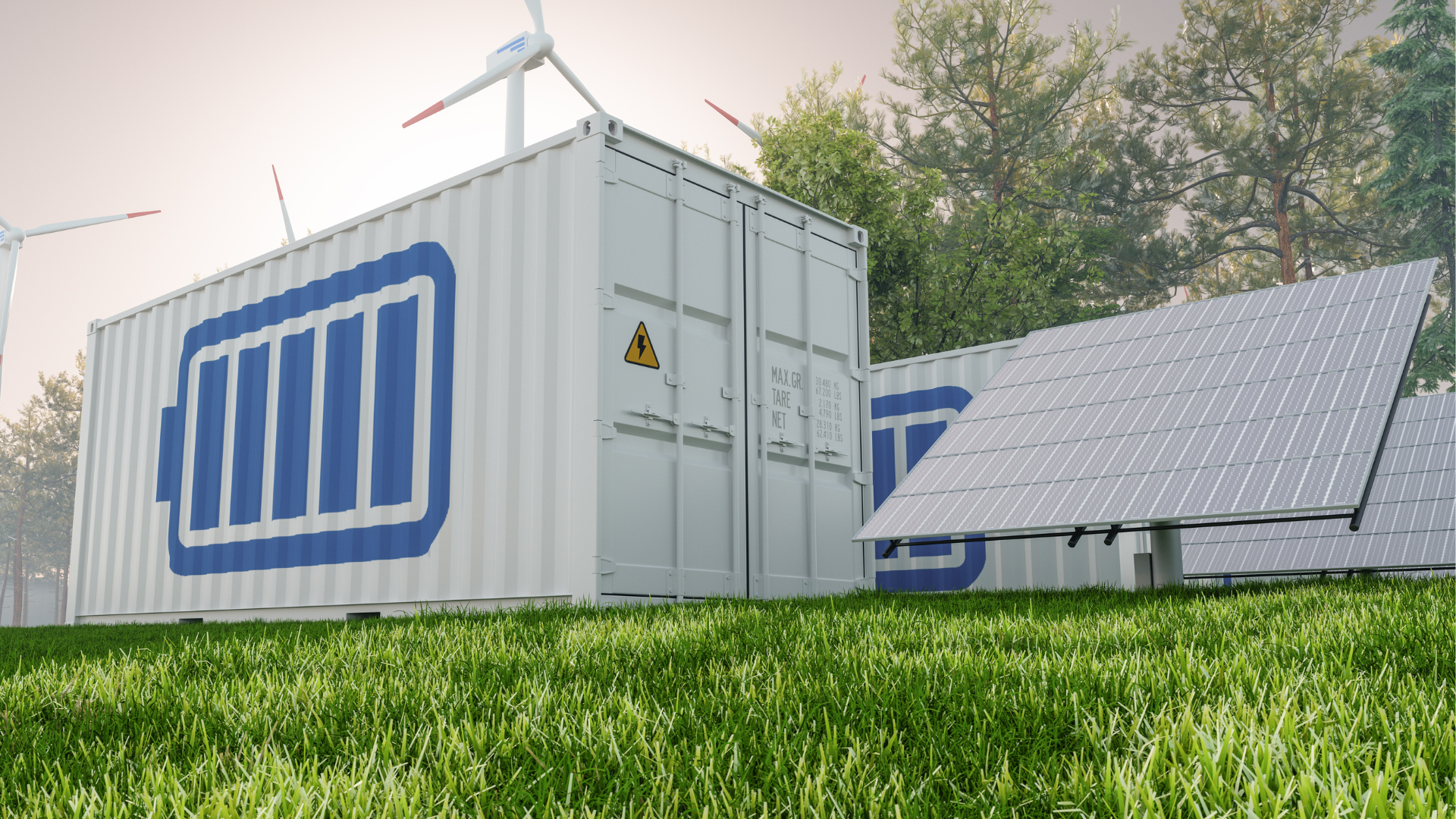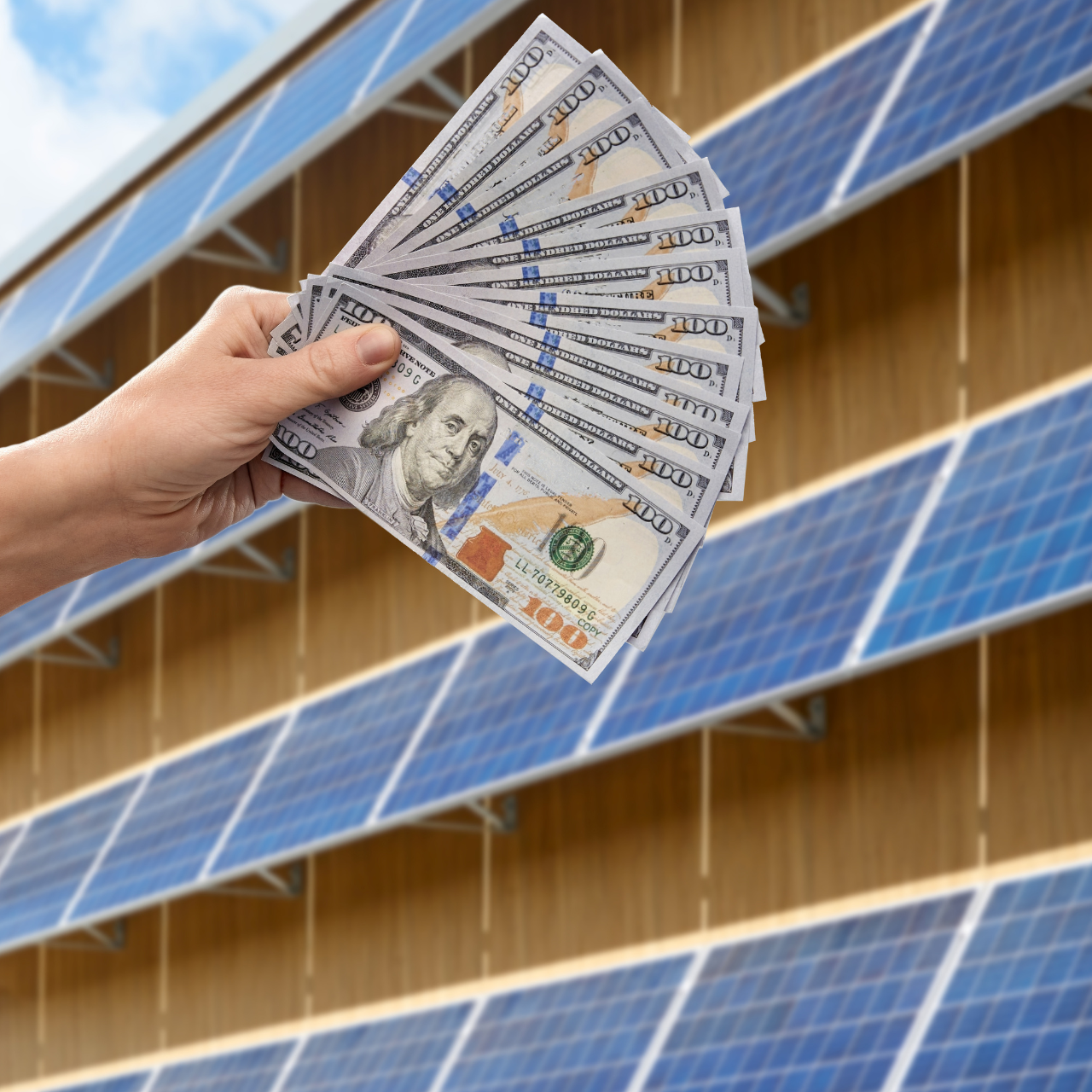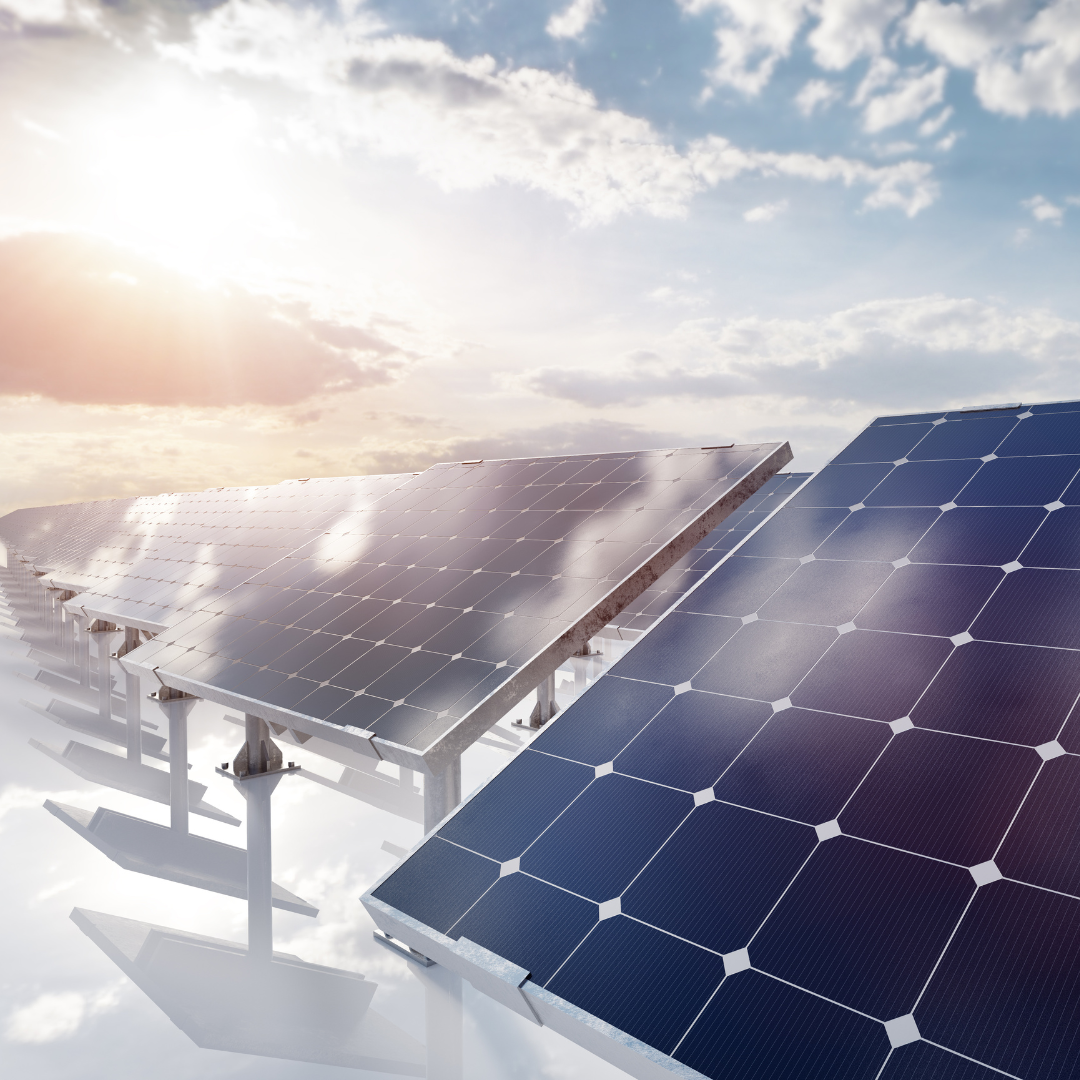Do Solar Panels Need Direct Sunlight? Let's Clear It Up!
Solar panels have become a common sight in neighborhoods and businesses, promising a future of clean energy and reduced electricity bills. But there's one question that often pops up: Do solar panels need direct sunlight to work effectively? This article aims to tackle this question head-on, exploring the intricacies of how solar panels function and their performance in various lighting conditions.
As more people consider switching to solar energy, understanding the basics of how these systems operate is crucial. It's not just about soaking up the sun; it's about knowing how to make the most out of the available light.
In the following sections, we'll break down the science behind solar technology, compare the effects of direct and indirect sunlight, and dispel some common myths. Whether you're thinking about installing solar panels or just curious about how they work, this guide will shed light on the subject.
How Solar Panels Work
Understanding how solar panels work can help you get the most out of your investment, whether you're searching for "solar installers near me" or just curious about the technology.
Photovoltaic Cells and Sunlight
Solar panels are made up of many small units called photovoltaic cells. These cells are responsible for converting sunlight into electricity. When sunlight hits the solar panels, it's absorbed by these cells, which then generate an electric current.
- Absorption of Sunlight: Photovoltaic cells absorb sunlight, which is composed of particles called photons.
- Conversion to Electricity: The energy from the photons knocks electrons loose in the cells, creating an electric current.
- Electricity Flow: This current is captured and can be used to power homes, businesses, and more.
Even on cloudy days or when they're partially shaded, solar panels can still generate power. So, if you're wondering, "can solar panels work in shade" or "do solar panels generate power on rainy days," the answer is yes, albeit with reduced efficiency.
Solar panels don't need direct sunlight to function, but they do perform best when directly exposed to the sun. Indirect sunlight, such as light filtered through clouds or reflected off surfaces, still contains photons that can be used, but the energy output will be lower compared to direct sunlight. This is why proper placement and installation by professionals, like those you might find when searching for "solar installers near me," is crucial to maximizing efficiency.
Direct Sunlight vs. Indirect Sunlight
Efficiency in Direct Sunlight
Solar panels thrive on direct sunlight. When the sun beams straight onto the panels without any obstruction, they operate at their peak performance. Direct sunlight provides the maximum energy output because the panels receive the full intensity of the sun's rays. This is why, ideally, solar panels are positioned to face the sun directly, maximizing exposure throughout the day.
Performance in Cloudy Conditions
But what happens when clouds roll in? Well, solar panels don’t just shut down. They can still function using indirect sunlight, albeit less efficiently. Indirect sunlight, or diffused light, occurs when sunlight is scattered by clouds, dust, or other atmospheric elements. Here’s how solar panels perform under these conditions:
- Reduced Output: Expect a drop in energy production. The panels still capture photons, but the intensity is lower.
- Steady but Lower Performance: While not optimal, panels continue to generate electricity, which is crucial for regions with frequent overcast skies.
- Seasonal Variability: In areas with long winters or rainy seasons, the reliance on indirect sunlight can affect annual energy calculations.
Even on cloudy days, solar panels contribute to energy needs, proving that they are a versatile solution for various climates. While direct sunlight is preferable, indirect sunlight ensures that panels aren’t rendered useless when the weather isn’t perfect.
Overall, while direct sunlight is optimal for solar panel efficiency, indirect sunlight still plays a vital role, ensuring energy production continues, albeit at a reduced rate. This adaptability makes solar panels a reliable energy source across different weather conditions.
Factors Affecting Solar Panel Efficiency
Angle and Positioning
The angle and positioning of solar panels are crucial for maximizing their output. Solar panels need to be installed at an angle that captures the most sunlight throughout the year. This involves considering the tilt of the panels and their orientation relative to the sun's path. For instance, panels in the northern hemisphere should generally face south to capture optimal sunlight.
- Tilt Angle: Adjusting the tilt can help capture more sunlight during different seasons.
- Orientation: South-facing panels are ideal in the northern hemisphere, while north-facing is best in the southern hemisphere.
- Shading: Avoid placing panels in shaded areas, as even partial shading can significantly reduce efficiency.
Weather and Climate
Weather and climate have a significant impact on solar panel efficiency. Different weather conditions can either enhance or hinder solar energy production.
- Cloudy Weather: Solar panel efficiency in cloudy weather is reduced, but panels still generate electricity. Depending on cloud thickness, output may drop by 10% to 60%.
- Rain and Snow: Rain can wash away dirt, improving efficiency, while snow can block sunlight, reducing output.
- Temperature: High temperatures can decrease efficiency, as solar panels perform optimally at cooler temperatures.
Solar panels are versatile, working in various weather conditions, but their efficiency is influenced by how much direct sunlight they receive. Understanding these factors can help you maximize solar panel output and make the most of your investment.
By considering these factors, you can better understand the impact of sunlight on solar energy production and how to maximize solar panel output in different environments.
Benefits of Solar Panels in Various Conditions
Solar panels are an excellent choice for energy production, even when the weather isn't perfect. They offer several benefits across different conditions, making them versatile and reliable.
- Cloudy Days: Even on overcast days, solar panels can still generate electricity. While the output might be lower, panels can capture diffuse sunlight, ensuring some level of energy production. This is particularly useful for those living off grid in Canada, where weather can be unpredictable.
- Rainy Weather: Rain might seem like a hindrance, but it actually helps clean the panels, removing dust and debris that can block sunlight. This natural cleaning can slightly boost efficiency when the sun re-emerges.
- Snowy Conditions: In snowy areas, solar panels can still function effectively. Light snow can be penetrated by sunlight, and panels are often designed to shed snow easily due to their slick surfaces and angled installation.
Solar panels are not just for sunny days. They adapt to various weather patterns, ensuring consistent energy supply. This adaptability is crucial for those considering off grid solar systems in Ontario, where the climate can vary widely.
Overall, solar panels provide a dependable energy source across different weather conditions, making them a smart investment for sustainable living.
Common Misconceptions About Solar Panels
When it comes to solar panels, there's a lot of misinformation floating around. It's easy to get confused, especially if you're new to the whole solar energy scene. Let's clear up some of the most common misconceptions.
- Solar Panels Only Work in Direct Sunlight: Many folks think solar panels need direct sunlight to function, but that's not the case. They can still generate electricity on cloudy days or in shaded areas, albeit at reduced efficiency.
- Solar Panels Are Ineffective in Cold Climates: Some people believe that solar panels only work in warm, sunny places. In reality, they can be quite efficient in cold climates as long as they receive enough sunlight.
- Snow and Rain Damage Solar Panels: While it's true that snow can block sunlight, most panels are designed to handle snow loads and rain without any issues. In fact, rain can help clean the panels, improving their efficiency.
Solar panels are more versatile than many people realize. They can operate under various conditions, making them a viable option for many different environments.
Understanding these misconceptions is crucial for anyone considering solar energy. By knowing the facts, you can make informed decisions and maximize the benefits of your solar investment.
Conclusion
In wrapping up our discussion on solar panels, it's clear that while direct sunlight is ideal for maximum efficiency, solar panels are still functional in less-than-perfect conditions. Solar panels can still generate electricity on cloudy days or when positioned in indirect sunlight. This versatility makes them a viable option for a wide range of climates and locations.
- Direct sunlight boosts the efficiency of solar panels, but it's not a strict requirement.
- Solar panels can still perform well in cloudy or shaded environments, albeit at reduced efficiency.
- The angle and positioning of solar panels play a crucial role in optimizing their performance.
Choosing solar energy is not just about saving on electricity bills; it's about making a conscious choice for the environment. With advancements in technology, solar panels continue to become more adaptable and efficient, making them a smart investment for the future.
At First Choice Business Brokers Phoenix Northwest, we believe in the potential of solar energy to transform how we power our lives. Whether you're considering solar panels for your home or business, understanding their capabilities and limitations is key to making an informed decision. Remember, the sun is a powerful ally in the quest for sustainable energy, and harnessing its potential is within reach for many.
So, do solar panels need direct sunlight to work? Not really. They can still generate power even when it's cloudy or shady. But, of course, they do their best work when the sun is shining right on them. If you're thinking about going solar, it's good to know that while direct sunlight is ideal, it's not a dealbreaker if you don't have it all the time. Just make sure to consider your local weather and surroundings when setting up your system. With the right setup, you can still enjoy the benefits of solar energy, even on those less-than-sunny days.
